Mattie Parker doesn’t come off like a stereotypical big city mayor: The 38-year-old lawyer and former nonprofit executive was raised on a cattle ranch outside Hico, Texas, population 1,343. Yet the most exotic thing about her may be the “R” next to her name. As the Republican mayor of Fort Worth, Texas—a city on the threshold of 1 million residents—Parker is one of only two GOP mayors among the 20 largest U.S. cities. (The other is Lenny Curry of Jacksonville, Florida, also just under 1 million.) After Parker, the biggest cities to be led by Republican chief executives are Oklahoma City (681,054), Fresno, California (542,107), and Mesa, Arizona (504,258). Many of those mayoralties are, like Parker’s, notionally nonpartisan, but it’s a safe bet you won’t see outgoing Mayor Steve Adler of Austin speaking at any Young Republicans conventions. Everybody knows.
And that’s a problem for Republicans.
If there’s one thing everybody knows about Texas politics, it is that Republicans win big except in Austin. Except, as usual, the one thing everybody knows isn’t true: Republicans can’t win in Austin to save their lives, true enough, but they also lose almost all of the time in Houston, Dallas, Fort Worth, San Antonio, El Paso—all the major cities.
After Fort Worth, the biggest Texas city with a Republican mayor is a suburb of Dallas, Plano. Increasingly, Republicans have a hard time in the bigger Texas suburbs and more urbanized suburban counties. Plano has a Republican mayor, but it went for Beto O’Rourke over Ted Cruz in the 2018 Senate race and for Joe Biden over Donald Trump in 2020.
That is on-trend for the Democrats. In 2020, Joe Biden didn’t just win Austin and Travis County—he won Dallas County (Dallas, Garland, Irving); Tarrant County (Fort Worth, Arlington); Travis, Williamson, and Hayes counties (Austin and its far-flung suburbs); Bexar County (San Antonio); Harris and Fort Bend counties (Houston and its vast associated exurban sprawl); and almost all of the Rio Grande Valley counties—El Paso, Presidio, and Culberson (the city of El Paso and a big piece of West Texas). Of the 10 Texas counties with populations larger than 750,000, Biden won eight. Of the two Donald Trump won, he took Collin County by a mere 51 percent and Denton County by 53 percent—compared to Biden’s 72 percent in Travis, 65 percent in Dallas, and 67 percent in El Paso.
And the trend line for Republican presidential candidates in Texas is not great: In 2012, Mitt Romney took 57 percent of the Texas vote over the incumbent Barack Obama; in 2016, Trump won only 52.2 percent of the vote; in 2020, Trump declined to 52 percent of the vote.
And it isn’t just presidential candidates. In the 2018 U.S. Senate race, Ted Cruz lost Dallas, Harris, Bexar, and Travis counties, which was expected. Yet he also lost the former Republican stronghold of Tarrant County to Beto O’Rourke. O’Rourke, not coincidentally, conducted more than a dozen campaign events in Fort Worth this year in his race against Gov. Greg Abbott. O’Rourke was doomed, of course—he’s a fundraising stud and ballot-box dud, this was never going to be an easy year for Democrats, and Abbott went into Tuesday up 11 points in the University of Texas poll—but O’Rourke’s showing in most of Texas’ cities and inner suburbs was on par with other recent elections: 63 percent in Dallas County, 57 in Bexar, 73 in Travis, 47 in Tarrant, 63 in his native El Paso, and, underperforming Biden in 2020, 44 in the hard-fought battle ground of Collin County in the Dallas-Fort Worth suburbs.
In terms of its population share living in cities, Texas is slightly more urban than the United States at large and has been for more than a half a century. Six of the 25 largest U.S. cities are in Texas, and Texas’ metropolitan areas are growing faster than are most other U.S. metros: The Austin-Round Rock Metropolitan Statistical Area (MSA) grew by 26.3 percent from 2010 to 2018. Metropolitan Houston was the 17th-fastest-growing MSA in those years, which doesn’t sound like much until you consider that Houston was already the fifth-largest metro (and fourth-largest city) in the country. But there has been extraordinary growth even in smaller cities such as Midland, which grew by 25.9 percent from 2010 to 2018.
Looking at the relationship between urbanization and political leaning, the historical trend is not without exceptions, but it is clear: Urban states are Democratic states. Of the 15 most heavily urban states in the country, Trump won two—Florida and Texas. Outside of presidential elections, those urban states are mostly very tough ground for Republicans—New York, New Jersey, California, Massachusetts, Illinois, Connecticut, etc.
Young, educated urbanites in Texas are a lot like their counterparts anywhere else in the country. Imagine yourself as a high-achieving young Texan who wants to attend an elite university, graduate, move to Austin, and work at Apple. What does the Republican Party stand for that makes you feel that you belong there? Parker, the Fort Worth mayor, looks like precisely the kind of voter Republicans have an increasingly hard time reaching: a millennial woman with an elite university education, a graduate degree, and an address in a major city in what will soon be the nation’s third-largest metropolitan area.
“Republicans have trouble with women in part because we don’t put forward a lot of candidates like me,” Parker says. Like almost everybody I talk to about the state of the GOP, she cites the primary environment that, in combination with the Fox News-led right-leaning media, pushes Republican office-seekers in a more extreme and uncompromising direction. It also puts up ideological blinders that keep voters from understanding or appreciating how municipal government works and what it does well.
Parker, for example, is proud of her city’s approach to homelessness. Fort Worth doesn’t tolerate the kind of homeless encampments that Austin and Dallas have, but the city also spends real money on housing support and social services for homeless people. Parker argues that it is the right thing to do and also the economical thing to do: The so-called frequent fliers who end up cycling through jail constantly while living on the streets cost the city a tremendous amount of money, and when the city is successful in helping one of those troubled people into supported housing—which isn’t just housing but mental-health care and other services provided in partnership with local nonprofits and faith-based groups—it represents net financial savings. At first, Parker says, some conservatives bristle at hearing about money being spent on another do-gooder social program, but the buy-in from faith-based groups helps sell the program, as does the fact that somebody is at least paying attention to the money. While Fort Worth has more than its share of panhandlers, it has none of the tent villages that you see all over nearby Dallas or the sprawling encampments found in Austin.
There is good evidence that conservatives can get good things done in big cities. But, for the most part, big-city voters are not interested in Republicans.
“We’re the old man saying, ‘Get off my lawn!’” says Kevin Robnett of Fort Worth, a businessman, veteran, and longtime Republican activist. “We as a party have become anti-intellectual, and we have become anti-institution,” he continues. This has made it more difficult to connect with college-educated professionals in the cities and suburbs. “Our message is: ‘Something has been broken and you have been robbed, and things were better in the past.’ That’s our mantra now, and it is a losing vision for the entire millennial generation. They want to suck the marrow out of life. That’s why you don’t see them in offices, and they’re hard to employ. But one of the things about that generation that I really like—that we are not appealing to—is the sense that we can fix our problems, that our best days are ahead. I have an optimistic view of that generation, but our party does not.”
Worse than merely failing to sympathize with the values and aspirations of these voters, Republicans often sneer at them, denouncing the cities and the mode of life lived there as corrupt, dismissing the colleges and universities that prepare students for professional life as dens of inequity, and, increasingly, treating those at the commanding heights of business as cultural traitors. “You don’t tell a woman she’s ugly and should have made better choices and then try to get her to go out with you,” Robnett says.
Austin-based political strategist Brendan Steinhauser sees the problem for Republicans as a combination of cultural and structural elements. Republican primary voters are steeped in Fox News-style resentment-based entertainment 24 hours a day. Meanwhile, clever redistricting has moved the hottest political action for many Republicans from the general election to the primary.
“It’s all about the primary now,” Steinhauser says. “Now more than ever, the incentives are for culture war. The divide between the city centers and the rural areas feels insurmountable, and it’s wrapped up in religion and culture—the progressive worldview vs. the religious worldview.” As more moderate Republican districts have grown more conservative, candidates have responded. “We have a brand of Republicans that are focused on traditional views on family life and a party that is now more focused on those issues. It’s also a party that is largely by and for the rural communities, and questions such as who is seen as having to compete with illegal immigrants. It goes back to culture and religion, and then politics.” Up-and-coming Republicans respond to those concerns to win primaries, and, afterward, “urban voters look at Republicans as knuckle-dragging right-wing nutjobs.”
Many conservatives with serious reservations about Trump-style populism worry about the primaries and quietly long for a stronger institutional presence, if not exactly a return to the “smoke-filled rooms” of myth and lore. Steinhauser is not so sure. “I used to say, yes, stronger parties would help. But the country-club Republicans now—and I mean literal country-club Republicans, wealthier and older—they are very active, and they are just as right-wing and Trumpian as the primary voters. I don’t know if that’s been the result of a takeover or if the culture has just moved that way from the power of Tucker Carlson, Sean Hannity, and hearing those voices and following those messages.”
In the course of our conversation, Parker talks about an upcoming vote on an independent review board for the Fort Worth police department and the challenges of policing in the current environment. We also talk about the challenges of trying be a leader on education in a city where the municipal government has no real control over the many school districts that operate within its borders, different approaches to encouraging additional housing construction, reforming the permitting process to make economic development easier—mayor stuff—and a half a dozen other things that are never going to get her a Fox News hit or a viral social-media moment. She’s happy to talk about why Fort Worth picks up the garbage more like the way they do it in Indianapolis and less like the way they do it in Houston.
Good government is good politics, but it isn’t the only kind of politics: Parker’s predecessor and mentor, Betsy Price, saw her political career come to an early end in part over a photo of her shaking hands with then-President Barack Obama, taken when he was visiting the area in his official capacity. She was running for Tarrant County judge (a kind of mayor of the county) and lost the Republican primary in March to a Trump-endorsed Fox News type who won with 53 percent of the vote in the general on Tuesday.
Good governance or bitter grievance? One of those models of Republican politics has a future in Texas cities. The other one hits a wall at some point.
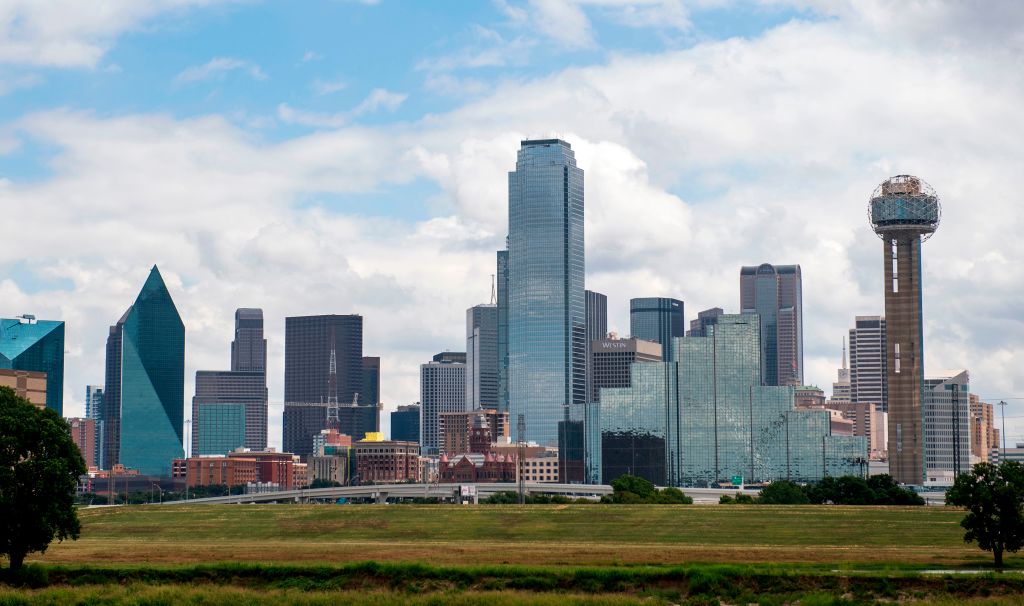
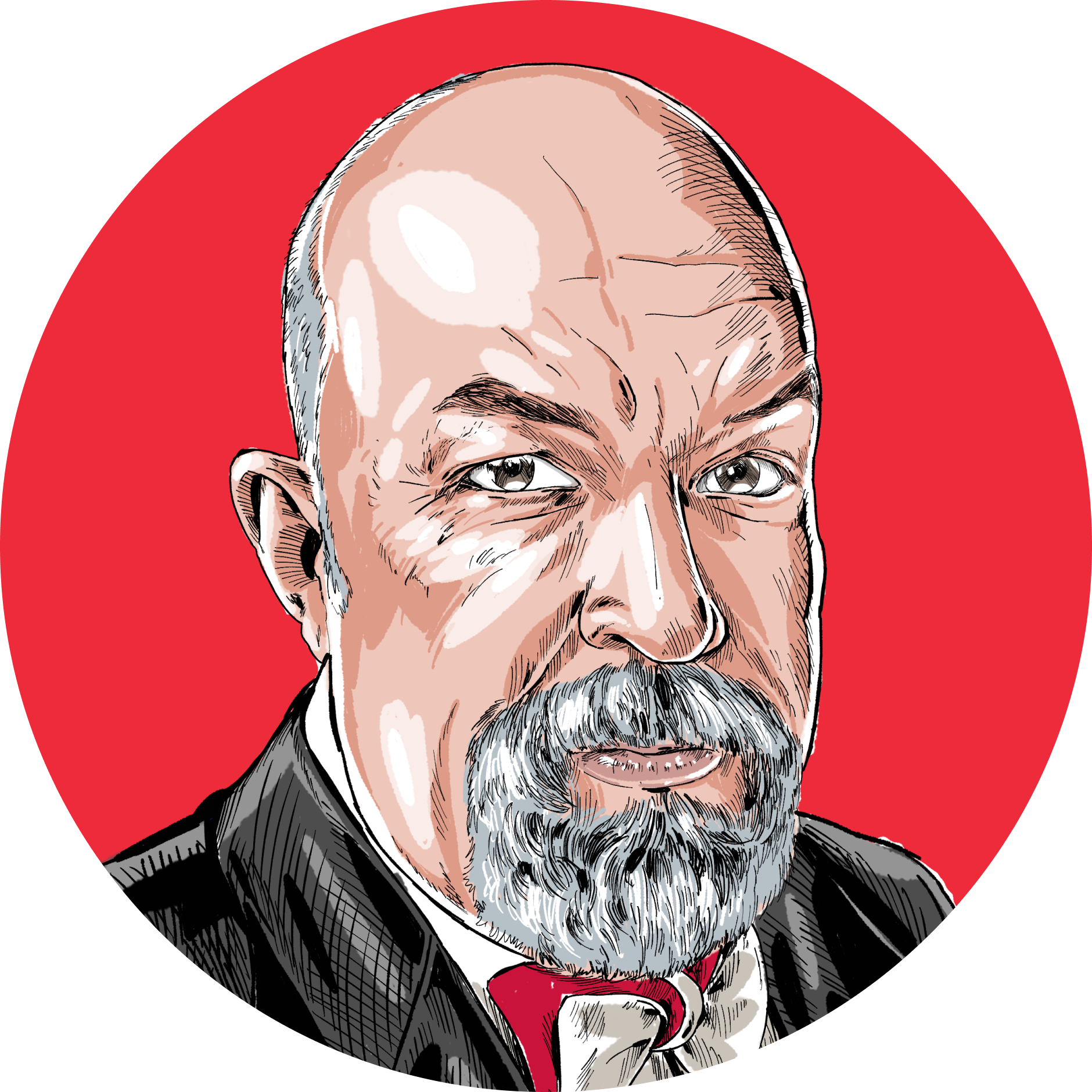
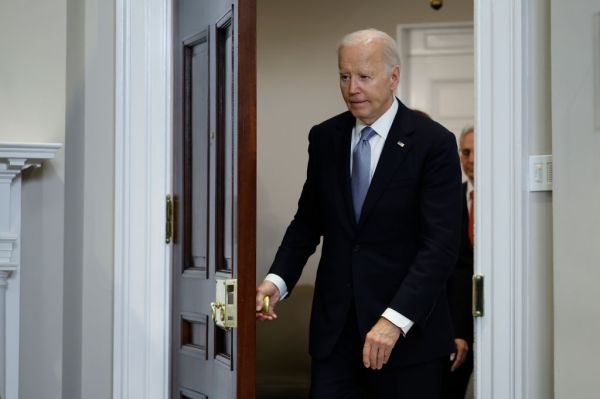
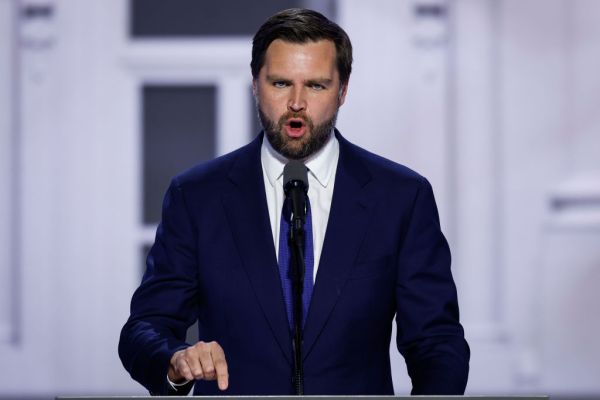
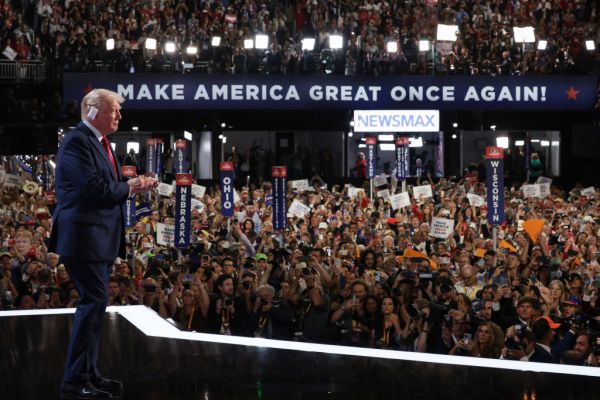




Please note that we at The Dispatch hold ourselves, our work, and our commenters to a higher standard than other places on the internet. We welcome comments that foster genuine debate or discussion—including comments critical of us or our work—but responses that include ad hominem attacks on fellow Dispatch members or are intended to stoke fear and anger may be moderated.